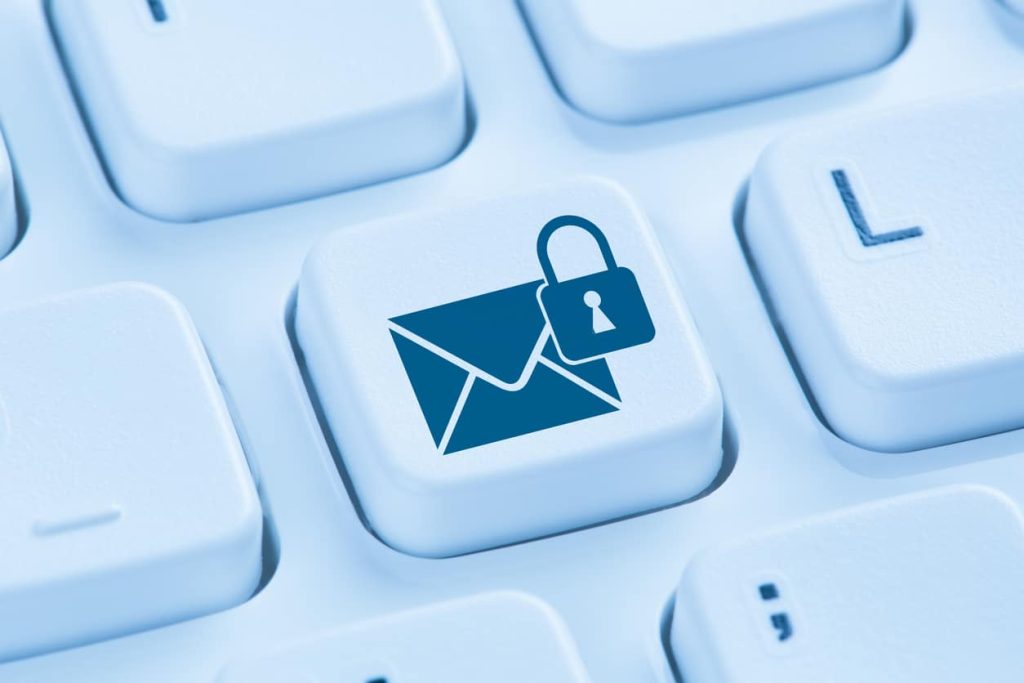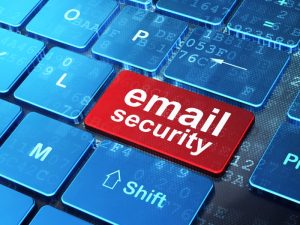The rise of ransomware attacks has become a major concern for businesses worldwide, with all sorts of industries being targeted. These malicious attacks not only lead to a significant loss in productivity and profit but also, in some cases, have a devastating long-term impact on the affected companies. Companies that are found to be negligent in protecting sensitive information are at risk of facing heavy fines and a damaging blow to their reputation, which can result in a loss of customer and shareholder trust, a decrease in stocks, and, in some cases, even company closures.
In this blog, we will delve into the importance of email encryption as a critical tool for protecting your enterprise from the dangers of ransomware. By understanding how email encryption works, you can take proactive measures to safeguard your business and minimize the risk of a ransomware attack.
Email Vulnerability: A Gateway for Ransomware Attacks
Despite being the most commonly used form of business communication, email is also one of the least secure methods of exchanging confidential information. If left unprotected, it becomes a vulnerable portal for attackers to exploit and lay traps for unsuspecting employees.
Ransomware attacks typically start with a phishing email that appears to come from a trusted source, tricking the recipient into taking harmful actions such as clicking on a link, entering login details, or downloading a malware-laden attachment. Threat actors then use the stolen credentials to invade email accounts and other network areas where sensitive information is stored. Before deploying the ransomware, they exfiltrate the data and keep copies as leverage in case the company refuses to pay the ransom.
The Power of Email Encryption in Preventing Ransomware Attacks
User email accounts contain vast quantities of sensitive information, including private data on customers, partners, employees, executives, confidential contracts, agreements, and financial dealings. If a ransomware operator successfully infiltrates a user account, they can access this information and cause a data breach.
However, with email encryption in place, the outcome is vastly different. Regardless of how many emails or data file attachments the ransomware operator opens, all they will see is a series of meaningless characters, as they do not have the decryption key required to view the data in its original state.
To ensure maximum protection against ransomware, it is advisable to always encrypt all emails, regardless of their sensitivity level. Failing to do so draws the attention of attackers to the most private data, which is stored in emails that are not encrypted. By encrypting all emails, you can minimize the risk of a data breach and keep sensitive information secure.
The best course of action for companies is to implement a comprehensive email encryption policy that covers all messages and attachments, not just those that are considered confidential. This not only ensures that all sensitive information is kept secure, but it also reduces the risk of attracting the attention of ransomware attackers. By targeting only encrypted messages, companies can minimize their exposure to the danger of a ransomware attack. By implementing an email encryption policy, companies are taking an important step to safeguard their valuable data and protect their reputation. With the increasing frequency and sophistication of ransomware attacks, companies must prioritize the security of their sensitive information and the encryption of emails is a critical component of this effort.
Do you need email encryption to stop ransomware attacks?
With an understanding of the security limitations of email alongside the need for firms to use this ubiquitous solution, Galaxkey has created powerful three-layer encryption that effectively protects enterprise communications. Approved by the UK’s National Cyber Security Centre (NCSC) our solution is exceptionally easy to use and can be applied to not just emails, but any attachments added and data files of unlimited size.
Contact us today to add another layer of defence against ransomware with a free 14-day trial of our email encryption.



